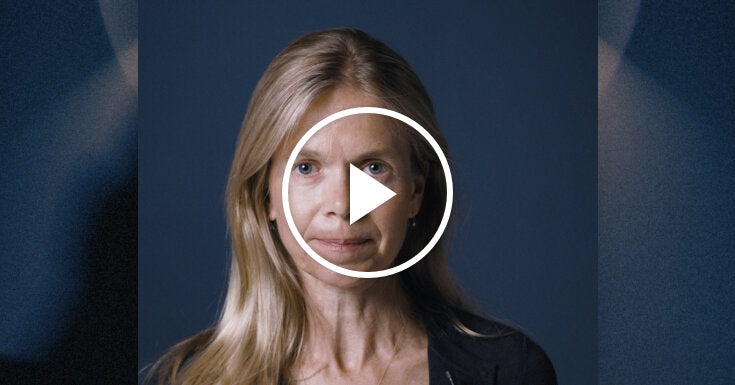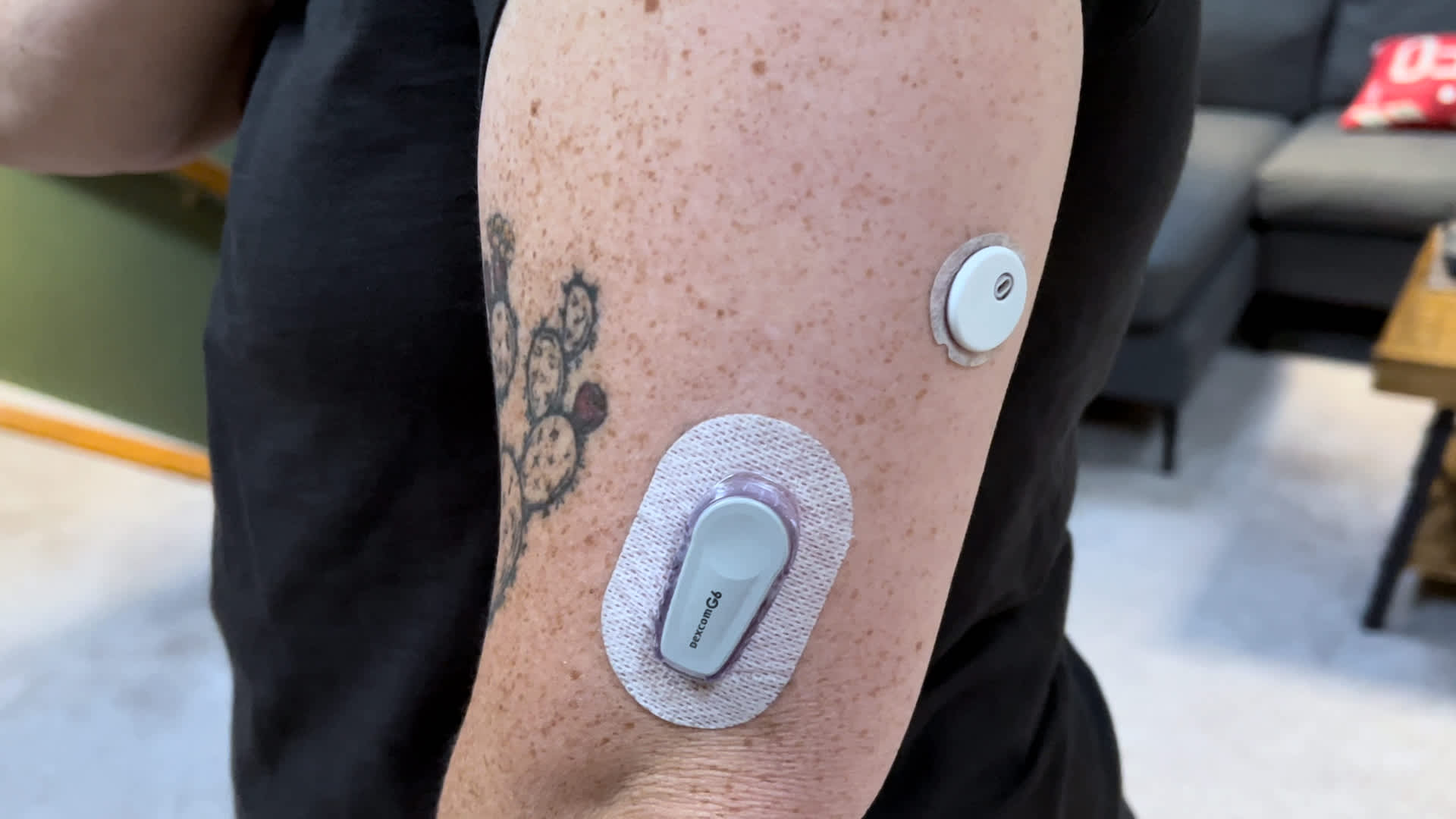AI is rapidly transforming the way companies and CEOs approach their businesses and the strategies that move them forward. In the midst of this rapid transformation, Adtalem Global Education CEO Steve Beard said there's a “borderline question” he keeps coming back to.
“That question is: Is AI a complement to what you do or is it a substitute for what you do?” Barba said. “I think the answer to that question informs your strategy on how to best leverage technology. For us, we have a high degree of conviction that it is complementary to what we do.”
The health education provider is now “experimenting with a lot of use cases,” he said.
From AI tutors that help students with learning, to automating enrollment tasks to eliminate more friction in processes like transferring credits and seeking financial aid, to testing tools that help employees increase their productivity, Beard is interested in getting the company to lean in. At the same time, Beard is thinking about how AI is changing the healthcare landscape and how it can better prepare students for an industry that is also changing rapidly thanks to new tools.
The tilt towards AI has not been without its challenges. Beard noted that teachers at the school had initially been hesitant to adopt the technology for fear that it would replace the things they did for students. He has also been cautious about pushing “AI for AI's sake,” rather than ensuring that the business “steps back and asks, 'What is the business problem we're trying to solve?' and then let's design the AI-driven solution for that problem instead of throwing AI at everything and seeing what happens.”
“We want to make investments whose returns can last over time, because an AI solution today will be noticeably different than an AI solution five years from now,” he said.
Beard has been focused on transformation since being named CEO of Adtalem just over four years ago, whether integrating key acquisitions, reorienting the company around healthcare education or finding key synergies to drive results across the company's five institutions. There have also been many lessons on that journey that he is now applying to the company's approach to AI.
“Everyone loves change, as long as it's for someone else,” he said. “Any large-scale change initiative is very difficult; in my experience, the place to start that journey is really on an emotional level with stakeholders and developing a vision for the future state of the business that is really compelling to your community.”
But to ensure everyone is on board with that journey, Beard said he has focused on what he calls a “middle-of-the-road approach.”
“What we think is that most people look to their immediate manager for that kind of emotional touch point, how they should think about what's going on in the broader organization,” he said. “We really focus on those first two or three levels of management, winning them over with our compelling vision for the future, but also equipping them with the tools that allow them to convey that vision and strategy with confidence.”
“You may see the CEO at a town hall or the CEO may come to your location, but you'll immediately look at your immediate manager and say, 'What do we think about that?' he said. “I think equipping them to say, 'We're all in for the following reasons,' is really the way to move an organization forward.”
As Adtalem continues its AI transformation journey, Beard said he will continue to lead by focusing on how these tools can drive student success, a common thread running through every move the company makes.
“We're focusing our AI efforts where we believe we have the greatest opportunities for return, so even as AI investment increases as a share of our total technology spend, they are the places where we believe we will get the most valuable economic return,” he said. “I can make a case for increasing spending because of the expected higher returns for both us and the students.”
Beard said he's also finding some use cases for AI in his life, whether it's helping with his son's math homework or speeding up his own writing, or using it as a brainstorming assistant when he thinks of counterarguments to ideas.
“I think it's an incredible resource,” he said. “I haven't done a normal search on a search engine in six or seven months, and I don't know if I'll use those tools again.”












